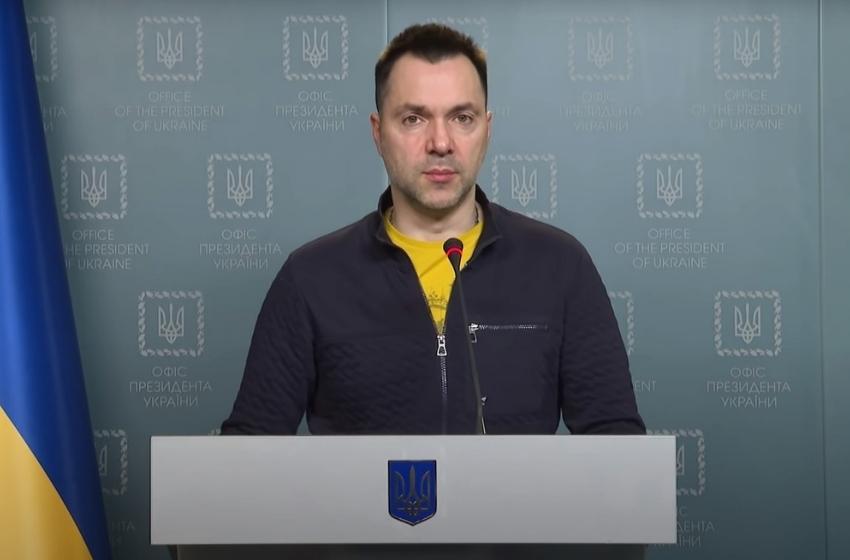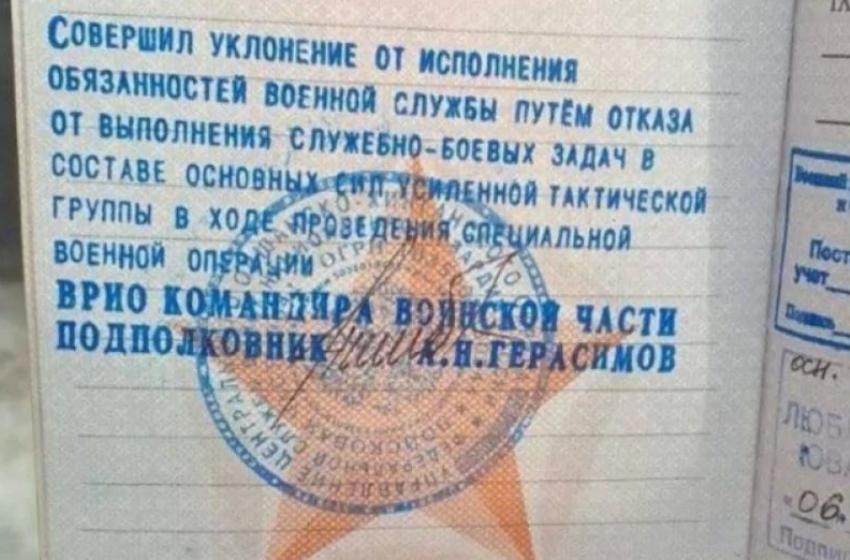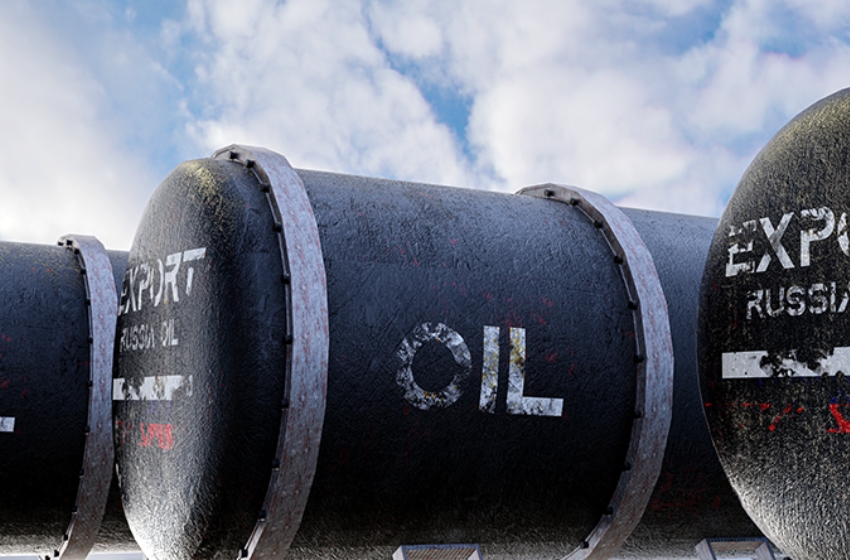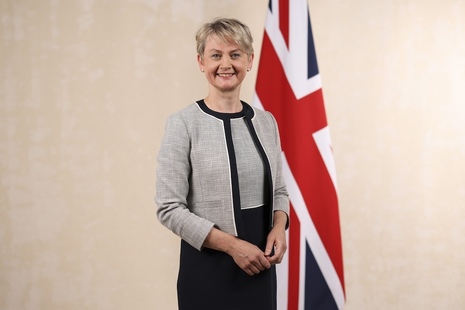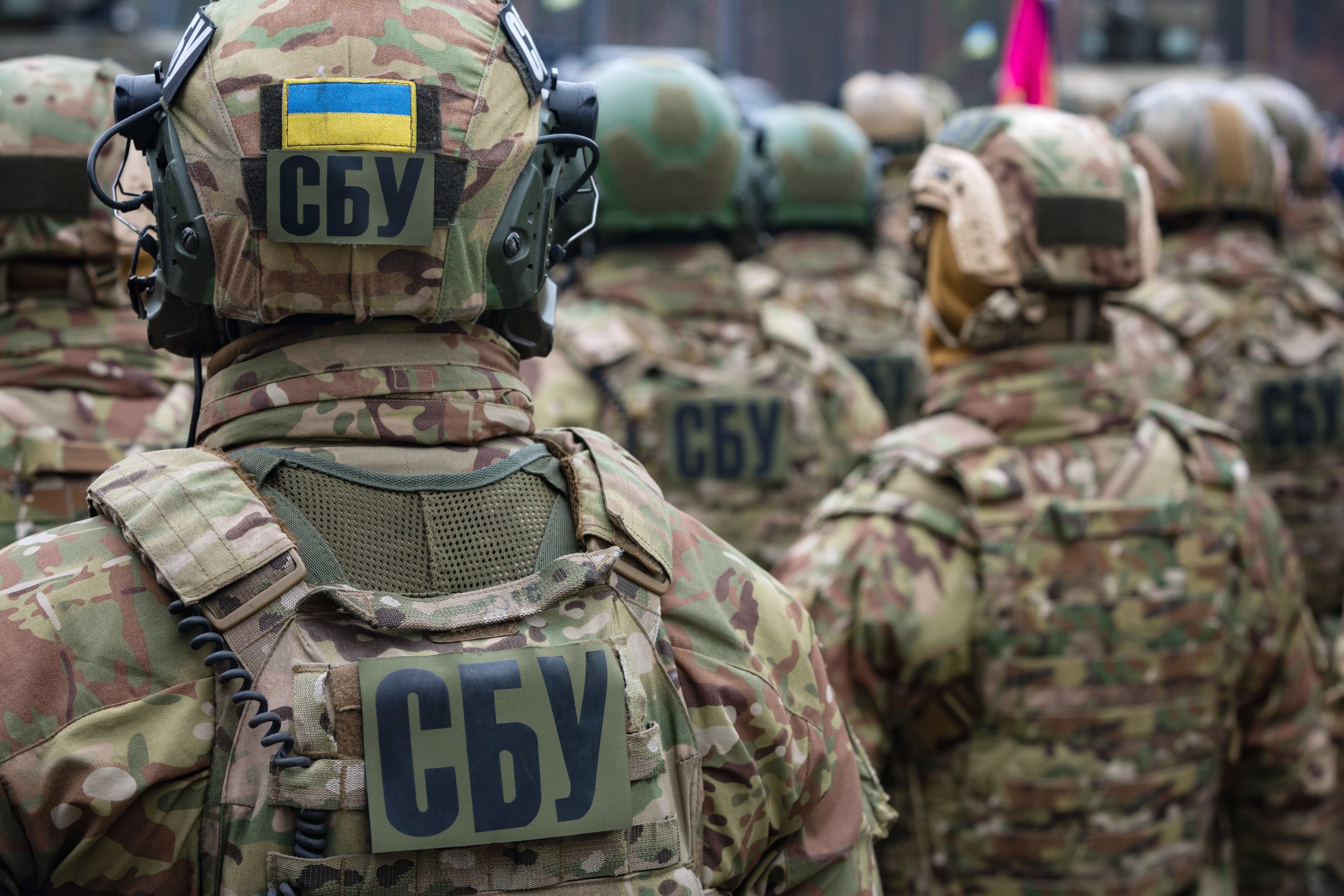The human rights organization "CrimeaSOS" published a list of Crimean journalists who have faced or are facing criminal persecution by Russia since 2014.
The list includes 19 journalists, with 16 of them currently in places of detention. Many of the persecuted journalists had collaborated with Krym.Realii, and Mykola Semena and Nariman Dzhelyal are authors of this project for Radio Free Europe/Radio Liberty. The first in the list is the freelance journalist for Krym.Realii, Vladislav Yesypenko.
The full list looks as follows:
- Asan Akhtemov - 15 years of imprisonment
- Oleksiy Bessarabov - 14 years of imprisonment
- Serhiy Tsyhipa - 13 years of imprisonment
- Marlen Asanov - 19 years of imprisonment
- Timur Ibragimov - 17 years of imprisonment
- Seyran Saliyev - 15 years of imprisonment
- Server Mustafayev - 14 years of imprisonment
- Remzi Bekirov - 19 years of imprisonment
- Ruslan Suleymanov - 14 years of imprisonment
- Osman Arifmemetov - 14 years of imprisonment
- Rustem Sheykhaliyev - 14 years of imprisonment
- Amet Suleymanov - 12 years of imprisonment, with a disability
- Iryna Danilovych - 6 years and 11 months of imprisonment
- Vilen Temer'yanov - facing imprisonment
- Nariman Memedeminov - served 2.5 years of imprisonment
- Mykola Semena - conditional imprisonment
- Ayder Kadirov - fined
Persecutions and victimization extend beyond journalists in occupied Crimea. According to Oleksiy Tilenko, the Chairman of the Board of "CrimeaSOS," opinion leaders, including activists, journalists, volunteers, and others, are one of the categories of civilians who are often taken captive by occupiers in the occupied territory of Kherson region. This highlights the broader issue of human rights violations and targeting of individuals who express dissenting views or work to protect human rights in these regions.















